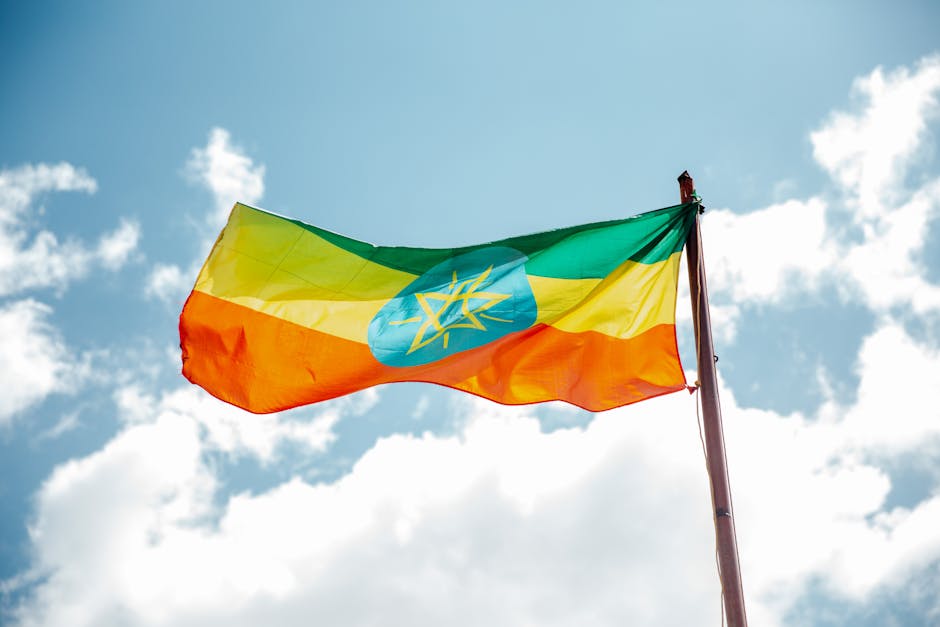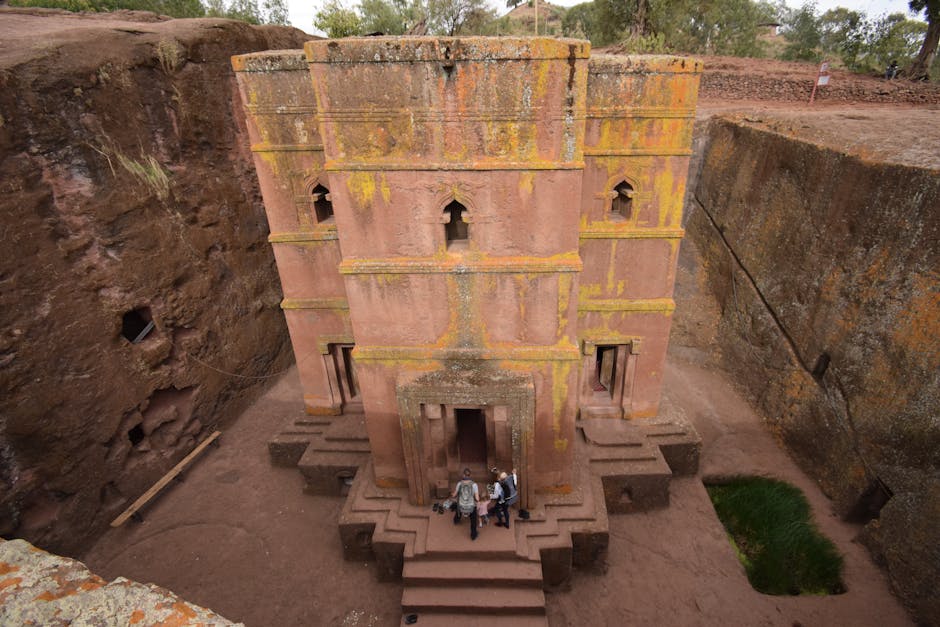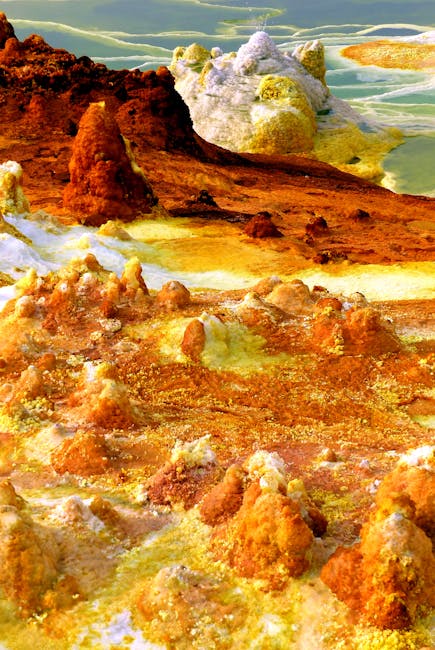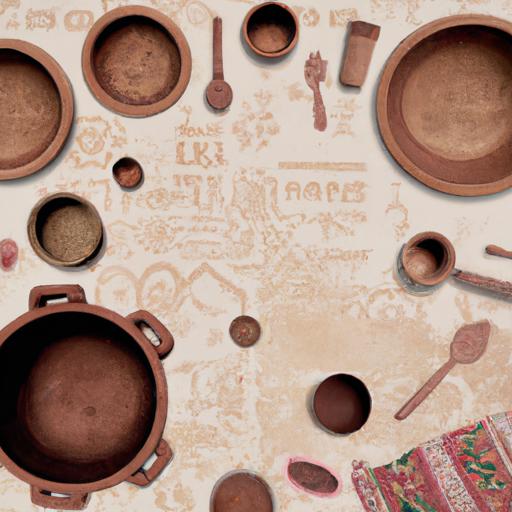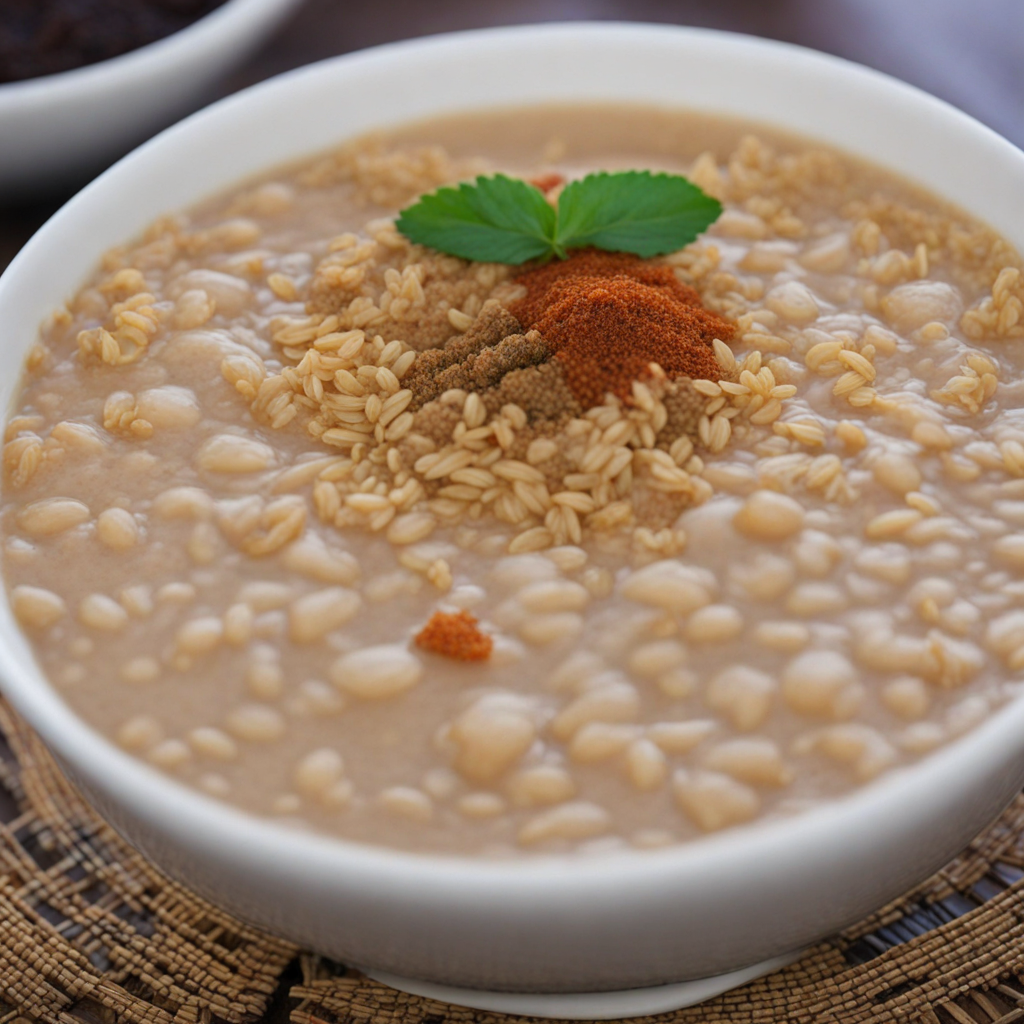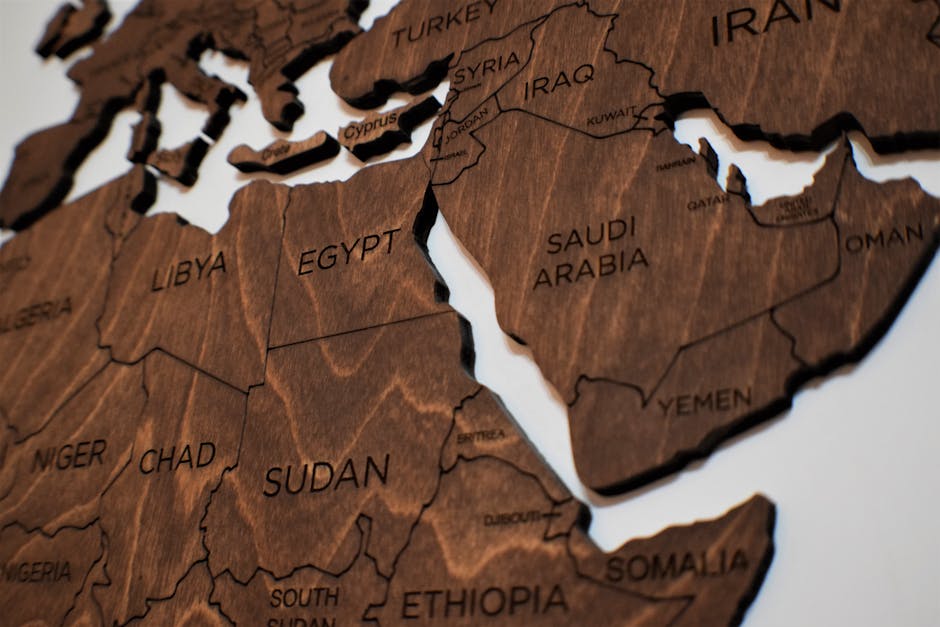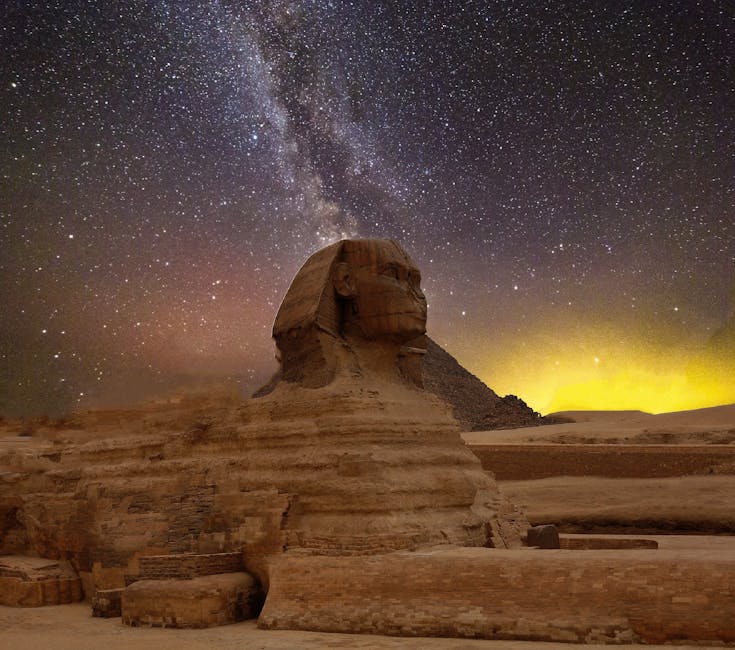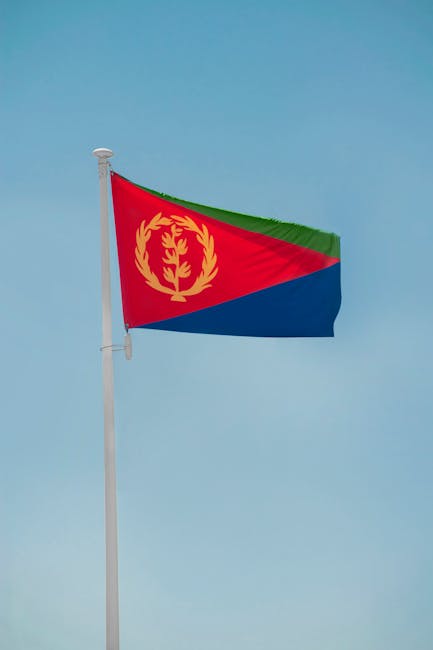Ethiopia
Overview
Ethiopia: A Cultural Tapestry
Ethiopia, located in the Horn of Africa, is a vibrant country brimming with a rich and diverse culture that dates back to ancient times. Known as the birthplace of humanity, Ethiopia is home to a multitude of ethnic groups, each with its unique traditions, languages, and music. The country is also unique due to its ancient Orthodox Christian heritage, featuring stunning rock-hewn churches and monasteries. Ethiopia's landscapes are just as diverse, ranging from the breathtaking Simien Mountains to the surreal geological formations of the Danakil Depression.
Best Time to Visit
The peak tourist season in Ethiopia is during the dry months, which typically run from October to March. During this time, the weather is favorable for exploring the country’s diverse landscapes and historical sites. Ethiopia's highlands, which are among the highest and most extensive in Africa, offer magnificent trekking opportunities. Additionally, bird-watching is a popular activity due to the country's abundant bird species. The Ethiopian calendar, with its unique festivals such as Meskel and Timkat, also provides a cultural spectacle that draws many visitors during these months.
Travel Tips for Teenagers
Before travelling to Ethiopia, teenagers should prepare adequately to ensure a smooth and memorable trip. It is essential to get vaccinated against diseases like Hepatitis A, Typhoid, and Yellow Fever. Since English is not widely spoken outside major cities, learning some basic phrases in Amharic, the official language, could be helpful. Also, pack for warm days and cooler nights, with lightweight clothing for the day and warmer attire for the evenings, particularly in the highlands. Lastly, while credit cards are accepted in some places, it's a good idea to carry enough Ethiopian Birr, the local currency, for small purchases, tips, and transportation.
A Glimpse into the Past
Ethiopia is a land steeped in rich history, often considered one of the oldest nations in the world. It is renowned for its unique cultural heritage, stunning landscapes, and significant archaeological sites that tell the story of human civilization.
The Birthplace of Humanity
Ethiopia is often referred to as the "Cradle of Humanity," as it is home to some of the oldest hominid fossils ever discovered. The most famous of these is Lucy, a 3.2 million-year-old Australopithecus afarensis skeleton found in the Afar region in 1974. Lucy's discovery has provided invaluable insights into human evolution and has made Ethiopia a focal point for anthropologists and historians alike.
The country’s archaeological significance extends to the ancient city of Aksum, once the capital of the Aksumite Empire. This civilization, which thrived from approximately 100 AD to 940 AD, was a major trading empire known for its monumental obelisks, coinage, and early adoption of Christianity around the 4th century, making Ethiopia one of the first regions to embrace the faith.
Christian Heritage
Ethiopia's profound Christian heritage is integral to its identity. After Emperor Ezana converted to Christianity, the religion spread rapidly, and the Ethiopian Orthodox Tewahedo Church became a cornerstone of Ethiopian culture. The rock-hewn churches of Lalibela, carved from solid rock in the 12th century, are a UNESCO World Heritage site and a pilgrimage site for Christians around the world. These churches, including the famous Church of St. George, reflect a remarkable architectural achievement and are often referred to as the "Eighth Wonder of the World."
The town of Axum is another vital religious site, housing the Church of St. Mary of Zion, which is believed to contain the Ark of the Covenant, a claim that enhances its significance in both religious and historical contexts.
Ancient Kingdoms and Empires
Ethiopia's history is marked by various kingdoms and empires, including the Solomonic Dynasty, which claimed descent from the biblical King Solomon and the Queen of Sheba. This dynasty ruled from the 13th century until the 20th century, leaving a legacy of cultural and architectural achievements. The historical narrative of Ethiopia is also intertwined with its conflicts, particularly with neighboring states, and its resistance against colonialism, notably during the Battle of Adwa in 1896. Ethiopian forces, led by Emperor Menelik II, defeated the Italian army, ensuring Ethiopia's sovereignty and becoming a symbol of African resistance against European colonization.
Natural Wonders
Beyond its historical significance, Ethiopia boasts breathtaking landscapes and natural wonders. The Simien Mountains National Park offers stunning vistas, unique wildlife, and hiking opportunities that attract nature lovers and adventurers alike. The park is home to the endemic Gelada baboon and the Walia ibex, both of which are found nowhere else in the world.
Another remarkable feature is the Dallol region, known for its otherworldly landscapes of colorful sulfur springs and salt flats, and the Danakil Depression, one of the hottest places on Earth. This area is a true testament to the geological activity that has shaped the region over millennia.
Cultural Diversity
Ethiopia is a mosaic of cultures, languages, and traditions, with over 80 ethnic groups, each contributing to the country’s rich tapestry. The Oromo, Amhara, Tigray, and Somali are among the largest ethnic groups, each with its unique customs, languages, and festivals. Festivals such as Timkat (Epiphany) and Enkutatash (New Year) showcase the vibrant traditions and religious fervor of the Ethiopian people.
The traditional cuisine is another highlight for travelers, featuring dishes like injera (a sourdough flatbread) served with various spicy stews called wot. The communal style of eating promotes social interaction and reflects the importance of hospitality in Ethiopian culture.
Urban Centers
Ethiopia's capital, Addis Ababa, is a bustling metropolis and the political, economic, and cultural hub of the country. The city is home to significant institutions such as the African Union and the United Nations Economic Commission for Africa. Visitors can explore the National Museum of Ethiopia, which houses Lucy’s remains and offers a deep dive into the country’s history and culture.
The city also features vibrant markets like Merkato, one of the largest open-air markets in Africa, where travelers can experience the local hustle and bustle, shop for traditional crafts, and sample street food.
Historical Sites
For history enthusiasts, Ethiopia offers numerous other historical sites worth visiting. The ancient city of Harar is a UNESCO World Heritage site known for its unique architecture and over 80 mosques, showcasing the Islamic heritage of the region. Harar is also famous for its hyena men, who feed wild hyenas at night, creating a fascinating spectacle for visitors.
The Gondar region, often referred to as the "Camelot of Africa," features impressive castles and palaces built during the reign of the emperors, reflecting the grandeur of the Solomonic dynasty. The Fasil Ghebbi complex is a must-see, showcasing the fusion of Ethiopian and European architectural styles.
Conclusion
Ethiopia stands as a testament to the endurance of its people and the richness of its past, making it a captivating destination for travelers. With its blend of ancient history, diverse cultures, stunning landscapes, and religious significance, Ethiopia invites exploration and offers a profound understanding of humanity's journey through time. Whether you are trekking through the Simien Mountains, marveling at the rock-hewn churches of Lalibela, or savoring the flavors of Ethiopian cuisine, the country's unique charm and history will leave an indelible mark on all who visit.
Top cities for tourists in Ethiopia
Discover the Famous Cities That Might Captivate Your Interests
Must-Try Foods You Can't Afford to Miss
Indulge in a Variety of Fantastic Foods During Your Stay in Ethiopia
May Be Your Next Destinations
People often choose these countries as their next destination


